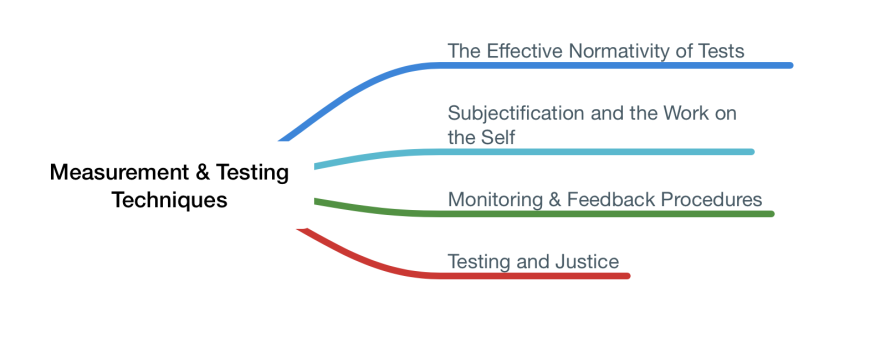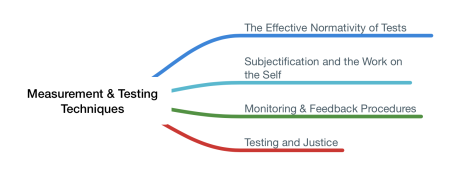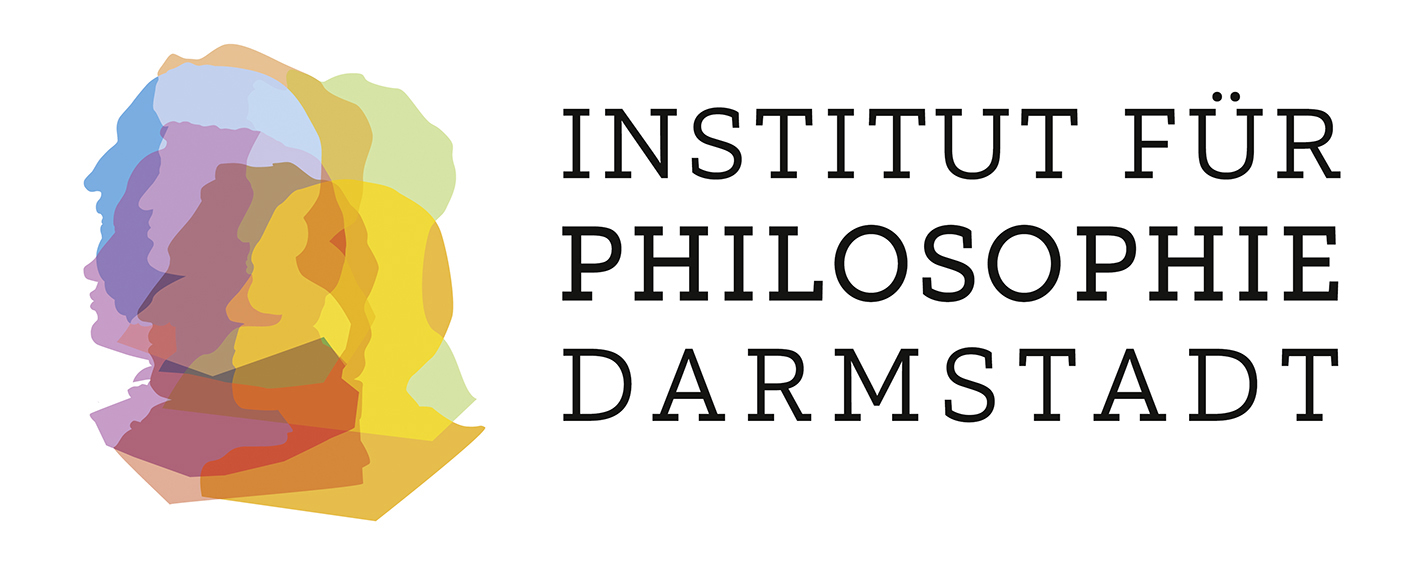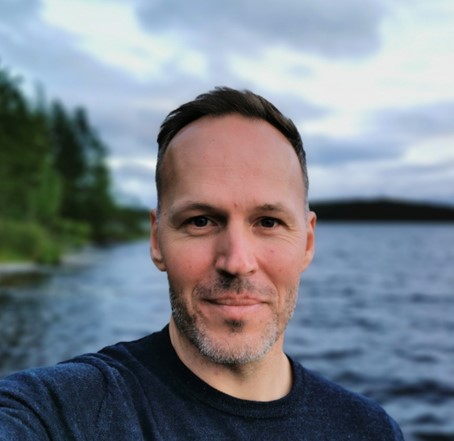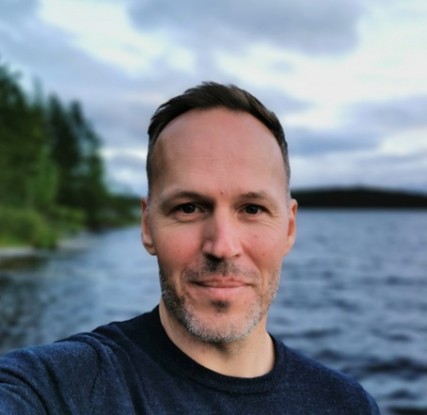I am a professor of philosophy of science and technology, which is one of the main areas I like to focus on. I am particularly interested in the role of technology in the sciences, especially in the context of computational methods (simulation and machine learning). A second focus is the philosophy of trust and testimony (what characterizes trust as a form of relationship?), where I also work on issues of deception and disinformation. You can read more about my research interests below.
In Berlin and Darmstadt, I studied philosophy. I completed my PhD in Darmstadt in 2008 with a dissertation on Technology as Expectation (Technik als Erwartung). Since 2014, I have established and led a department for the philosophy of computational science, including two junior research groups, at the federal High-Performance Computing Center in Stuttgart (HLRS), where complex computer simulations are researched and computed. In the summer semester of 2020, I was initially a substitute professor and since the summer semester of 2021, a visiting professor at RWTH Aachen. I was habilitated in Marburg in 2021 with the thesis Die verwickelte Einfachheit von Vertrauen – und ihre spekulative Struktur (The Entangled Simplicity of Trust – and Its Speculative Structure).
I am co-editor of the Jahrbuch Technikphilosophie, editorial board member of the journal Philosophy and Society. Furthermore, I am a member of the Board of Trustees of Akademie Schloss Solitude, Scientific Advisory Board of IFDT, member of the AIEI Impact Group as well as the German Society for Phenomenological Research (DGPF). I was spokesperson of the DFG network History of Psychological Testing Techniques 1900 to 2000 from 2014-2018, member of the DFG network Affect- and Psychotechnology Studies (2016-2018), the TWG Trusted Information at the EU Observatory for ICT Standards (EUOS), the working group Lifestyles in Digitalized Lifeworlds at KIT, and various working groups of the VDI and VDE.
Research Profile
My work focuses on three main areas:
1. Technical Epistemology: Classical epistemology has the following picture of cognition: a person perceives an object directly in order to recognize something about it. For a long time, questions of technology hardly played a role in epistemology and philosophy of science. However, if we look into laboratories, we can see how advanced the technification of research is. In contrast, technical epistemology aims to shed light on the role of technology in epistemological processes. For example, how does "science" change when it becomes "computational science" by using simulation and machine learning as its central methods? How should we think about epistemic foundational concepts (such as justification or understanding) when computer-intensive procedures have become central?
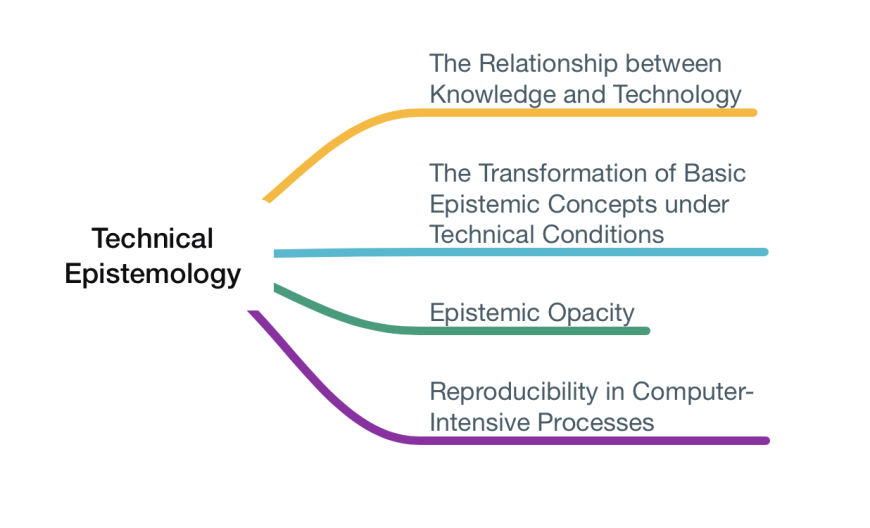
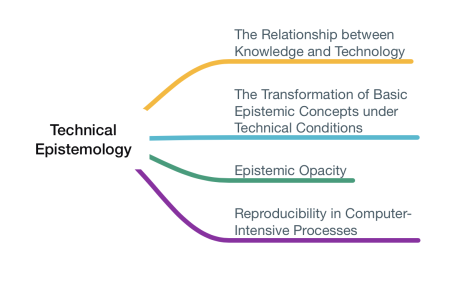
2. Social Epistemology: A second assumption of classical epistemology in need of revision concerns the point that it is a single person who attains knowledge. However, processes of knowledge acquisition never occur in a social vacuum. The role of sociality has traditionally been considered, if at all, rather as a distorting factor (narrowing of perspective due to tradition and prejudice). Looking at today's research processes, it becomes clear how far removed this notion is from actual scientific practice. In this context, research groups typically work together in conjunction with other research groups, which in turn are part of research communities. But how can we understand the sociality of processes of knowledge acquisition? And what role do trust and testimony play in it? How can we understand trust in science or theconnection between disinformation and technology?
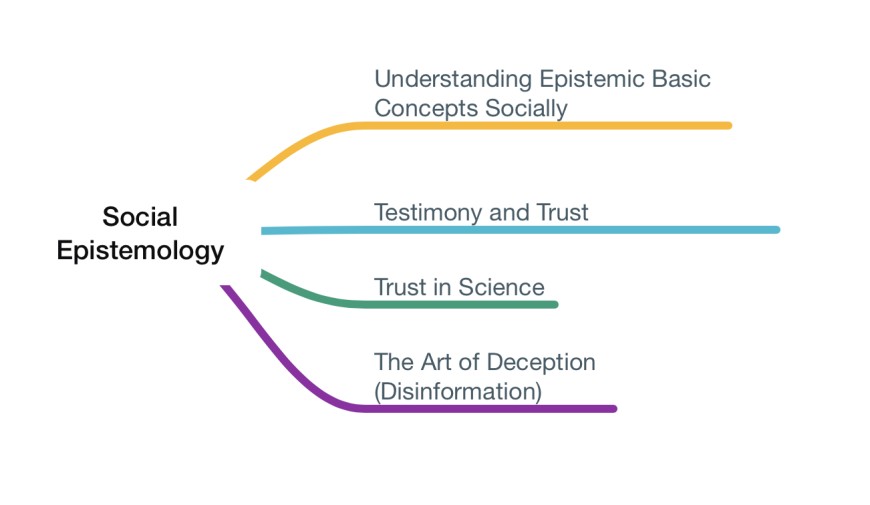
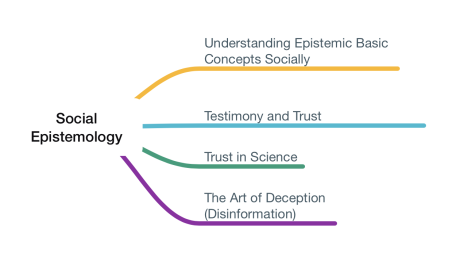
3. Social relations in the mirror of measuring and testing techniques: Around 1900, a change takes place in the way individuals seek to know themselves and others. Introspection or characterological description are replaced by measurement and testing techniques, initially in the form of intelligence and aptitude tests, later also personality and competence tests. How do they change self and other relationships? How are opportunities and possibilities of individuals in society shaped as a consequence?
